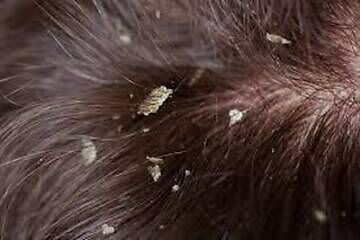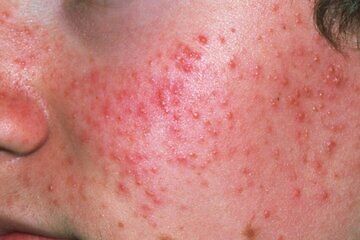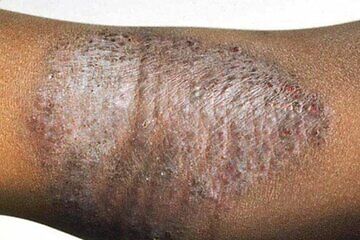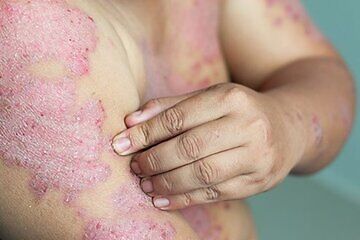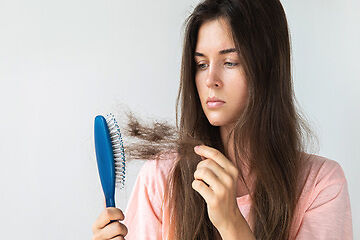What is Hair fall?

Hair fall can affect just your scalp or your entire body, and it can be temporary or permanent.
It can be the result of heredity, hormonal changes, medical conditions or a normal part of aging. Anyone can lose hair on their head, but it's more common in men.
What are the signs and symptoms of Hair fall?
The symptoms of hair fall can vary depending on a person’s age and the condition’s severity and can vary by individual.
The possible signs that may help you out are:
- Gradual thinning on top of head. This is the most common type of hair loss, affecting people as they age. In men, hair often begins to recede at the hairline on the forehead. Women typically have a broadening of the part in their hair. An increasingly common hair loss pattern in older women is a receding hairline (frontal fibrosing alopecia).
- Circular or patchy bald spots. Some people lose hair in circular or patchy bald spots on the scalp, beard or eyebrows. Your skin may become itchy or painful before the hair falls out.
- Sudden loosening of hair. A physical or emotional shock can cause hair to loosen. Handfuls of hair may come out when combing or washing your hair or even after gentle tugging. This type of hair loss usually causes overall hair thinning but is temporary.
- Full-body hair loss. Some conditions and medical treatments, such as chemotherapy for cancer, can result in the loss of hair all over your body. The hair usually grows back.
Immediately contact your doctor if you notice any such signs.
What are the causes of Hair fall?
People typically lose 50 to 100 hairs a day. This usually isn't noticeable because new hair is growing in at the same time. Hair loss occurs when new hair doesn't replace the hair that has fallen out.
Family history (heredity). The most common cause of hair loss is a hereditary condition that happens with aging. This condition is called androgenic alopecia, male-pattern baldness and female-pattern baldness. It usually occurs gradually and in predictable patterns — a receding hairline and bald spots in men and thinning hair along the crown of the scalp in women.
Certain conditions also may increase your risk of Hair fall, including hormonal imbalance and stress.
Diagnosis of Hair fall
To diagnose Hair Fall, your doctor will review your personal and family medical history, perform a thorough physical evaluation.
What are the complications of Hair fall?
A few of the comorbidities you may face with Hair fall are:
- Left untreated, People with hair fall can develop more-severe conditions, such as: Alopecia .Tell your doctor if your signs and symptoms aren't improving despite treatment for Hair fall.
Prevention of Hair Fall
Preventing and treating illnesses that can become the risk factor for hair fall is the best way to curb out it's complications. Make sure to change a few of your lifestyle habits and do regular physical exercise (not intense one). Talk to your doctor and take the help of a dietician who can suggest a decent diet to avert hair fall. A diet is a healthy component of Hair Fall treatment in Ayurveda!

